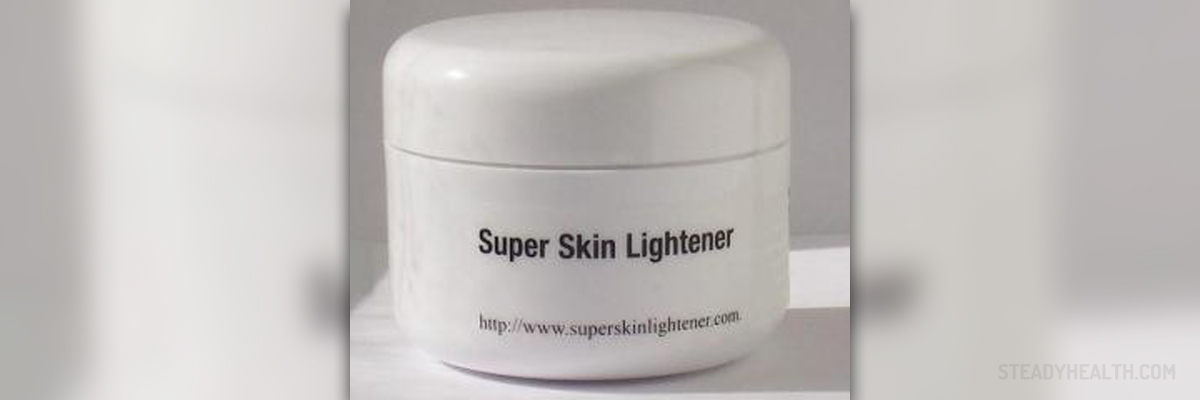
Hydroquinone is an ingredient in over-the-counter cosmetic products for lightening the skin. Hydroquinone is a skin-bleaching agent and it works by decreasing the production of melanin pigments in the skin. Hydroquinone cream is used to treat and fade acne, liver spots, freckles, scars and any other skin discoloration caused by pregnancy, skin trauma, oral contraceptive pills or hormone replacement therapy. However, Hydroquinone should not be used in pregnancy as well as by individuals who are allergic to any ingredient in Hydroquinone cream.
Interactions
Hydroquinone cream may interact with certain medical conditions. Thereby, you should consult your doctor or pharmacist if you are taking any prescription or nonprescription drugs, herbal remedies or dietary supplement. Also, tell your doctor or pharmacist if you have allergies to medications or foods, or if you are planning to get pregnant or if you are breast-feeding. You should tell a health care professional if you frequently use drinks that contain caffeine or alcohol, if you smoke or use illegal drugs. This may affect the way Hydroquinone works. Consult a health expert if start using, discontinue or change the dose of the medications you take.
How to Use Hydroquinone Cream
You must use Hydroquinone cream as instructed by your physician and/or according to directions and dosing instructions on the product’s label. Before you use Hydroquinone cream for the first time, apply small amount of the cream on the skin to check if any signs of allergic reactions will occur in the next 24 hours. That includes itching, redness, stinging, blistering or irritation. If such reaction to Hydroquinone cream occurs, you should not use the product. You have to wash your hands before and after applying the cream. If you skip the dose, use the medicine as soon as you remember but if it is almost time for the next dose than skip the missed dose and return the regular dosing schedule.
Important Safety InformationDuring and after the use of Hydroquinone cream, avoid exposure to sun because Hydroquinone increases exposure to UVA and UVB rays deep in the skin. You have to use sunscreens and protect the treated area with adequate clothes. Another thing you should know about Hydroquinone cream is that it must not come in contact with your eyes, mouth, lips and nose because it is for external use only. If Hydroquinone cream gets in any of these areas, rinse them and contact your health provider. Also, avoid hydroquinone cream getting in contact with damaged area of the skin. Dermatological products that contain hydrogen peroxide or benzoyl peroxide should not be used while using Hydroquinone cream. This also applies to medications containing resorcinol, phenol or salicylic acid. Children below 12 years of age should not use Hydroquinone cream.
Side Effects of Hydroquinone Cream
Common side effects of hydroquinone cream include dryness or cracking of the skin, peeling of the skin, redness or burning sensation. These side effects are usually minor and temporary. However, there may occur severe side effects such as severe allergic reactions, blistering, darkening of the skin, severe redness, stinging, and irritation. In case of severe side effects, inform your doctor as soon as possible.




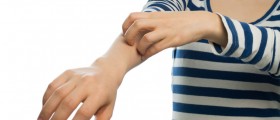


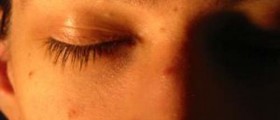
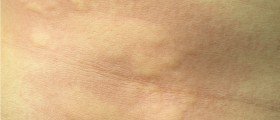


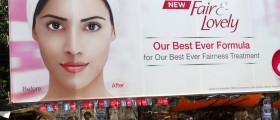
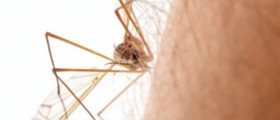

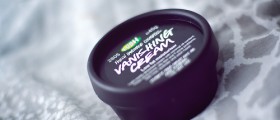
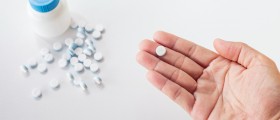
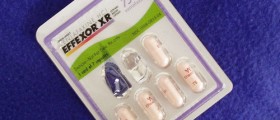
Your thoughts on this
Loading...